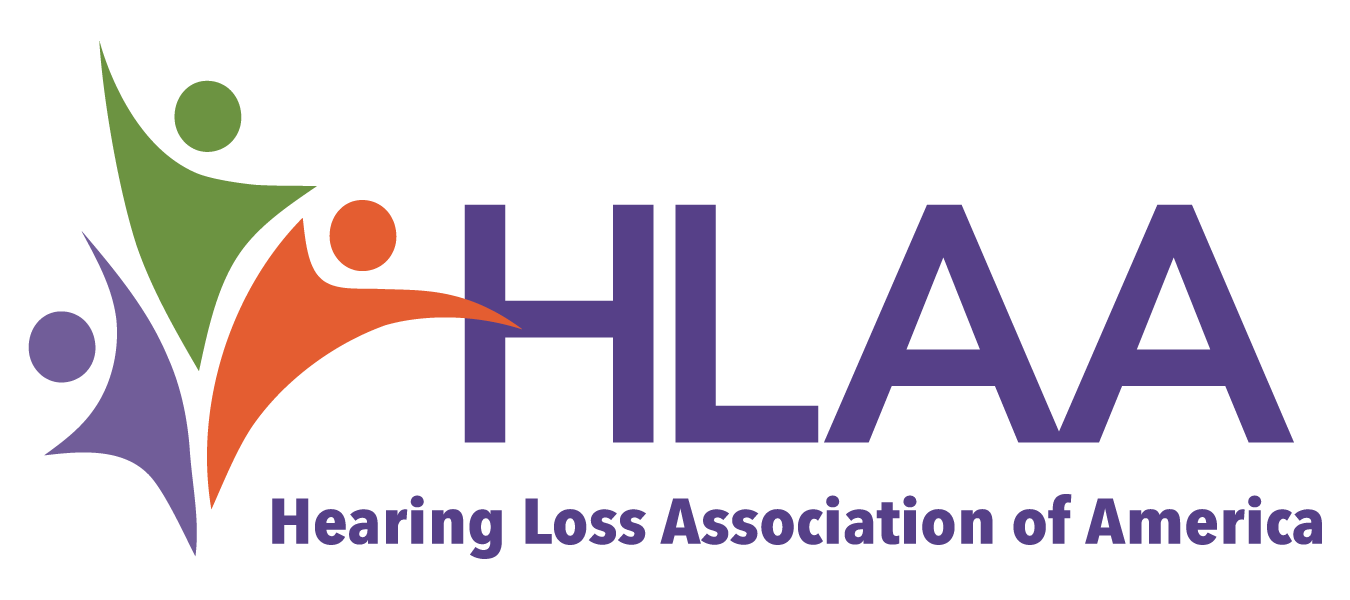Prevention
There are many causes of hearing loss that are beyond our control, such as those caused by heredity. Prevention of hearing loss is the goal. Let’s take a closer look at noise and ototoxic drugs.
Noise-induced Hearing Loss – Completely Preventable
About 40 million US adults aged 20 – 69 years have noise-induced hearing loss.
More than 1 in 2 US adults with hearing damage from noise do not have noisy jobs.
About 1 in 4 U.S. adults who report excellent to good hearing already have hearing damage.
Source: Centers for Disease Control and Prevention
A major cause of hearing loss in our society is noise exposure. Tiny hair cells in the ear are damaged when assaulted by loud noise. Once those hair cells are destroyed they cannot be replaced.
How Loud is Too Loud?
According to NIDCD’s Noisy Planet website, “The impact of noise adds up over a lifetime. If you are exposed to loud sounds on a regular basis, your risk for permanent damage increases over time. Even a single but long-lasting loud event can cause damage. Limit your exposure to sounds at or above 100 decibels to no more than 15 minutes, and limit sounds that are at or above 110 decibels to no more than 1 minute.”
Watch this video by the CDC about how loud noise damages hair cells.
Repeated and lengthy exposure to loud sound – whether is it music or a jackhammer – will eventually produce a sensorineural hearing loss. See the NIDCD Listen Up! Inforgraphic (text version available). Also see the Dangerous Decibels’ Decibel Exposure Time Guidelines.
How to Reduce the Damage to Hearing from Noise
Your ears can be your warning system for potentially dangerous noises. The noise is too loud when:
- You have to raise your voice to be understood by someone standing nearby
- The noise hurts your ears
- You develop a buzzing or ringing sound in your ears, even temporarily (indicates some hair cells have died)
- You don’t hear as well as you normally do until several hours after you get away from the noise.
How to Protect Yourself When Around Loud Noise
- Block the noise (wear earplugs or earmuffs)
- Avoid the noise (put hands over ears if you can’t walk away)
- Turn down the volume
Protecting Kids’ Hearing
Get your children involved in their own hearing health. For more resources, go to:
- It’s a Noisy Planet: Protect Their Hearing, NIDCD, National Institutes of Health
- Listen to Your Buds, American Speech-Language-Hearing Association
- Turn it to the Left, American Academy of Audiology
Ototoxic Drugs
These are medications that are toxic to the ears and can cause hearing loss, sometimes accompanied by tinnitus. It is always a good idea to ask a physician if hearing loss is one of the possible side-effects. If it is, and there is a substitute medication that would work just as well, then that would be the one to take.
Examples of ototoxic drugs include: some over-the-counter drugs such as aspirin in high doses, some antibiotics, some chemotherapy drugs, loop diuretics, and some anti-inflammatory drugs.
Signs of Ototoxicity (in order of frequency)
- Development of tinnitus in one or both ears
- Intensification of existing tinnitus or the appearance of a new sound
- Fullness or pressure in the ears other than being caused by infection
- Hearing loss in an unaffected ear or the progression of an existing loss.
- Development of vertigo or a spinning sensation usually aggravated by motion which may or may not be accompanied by nausea
40 million adults
have noise-induced hearing loss
Source: CDC

